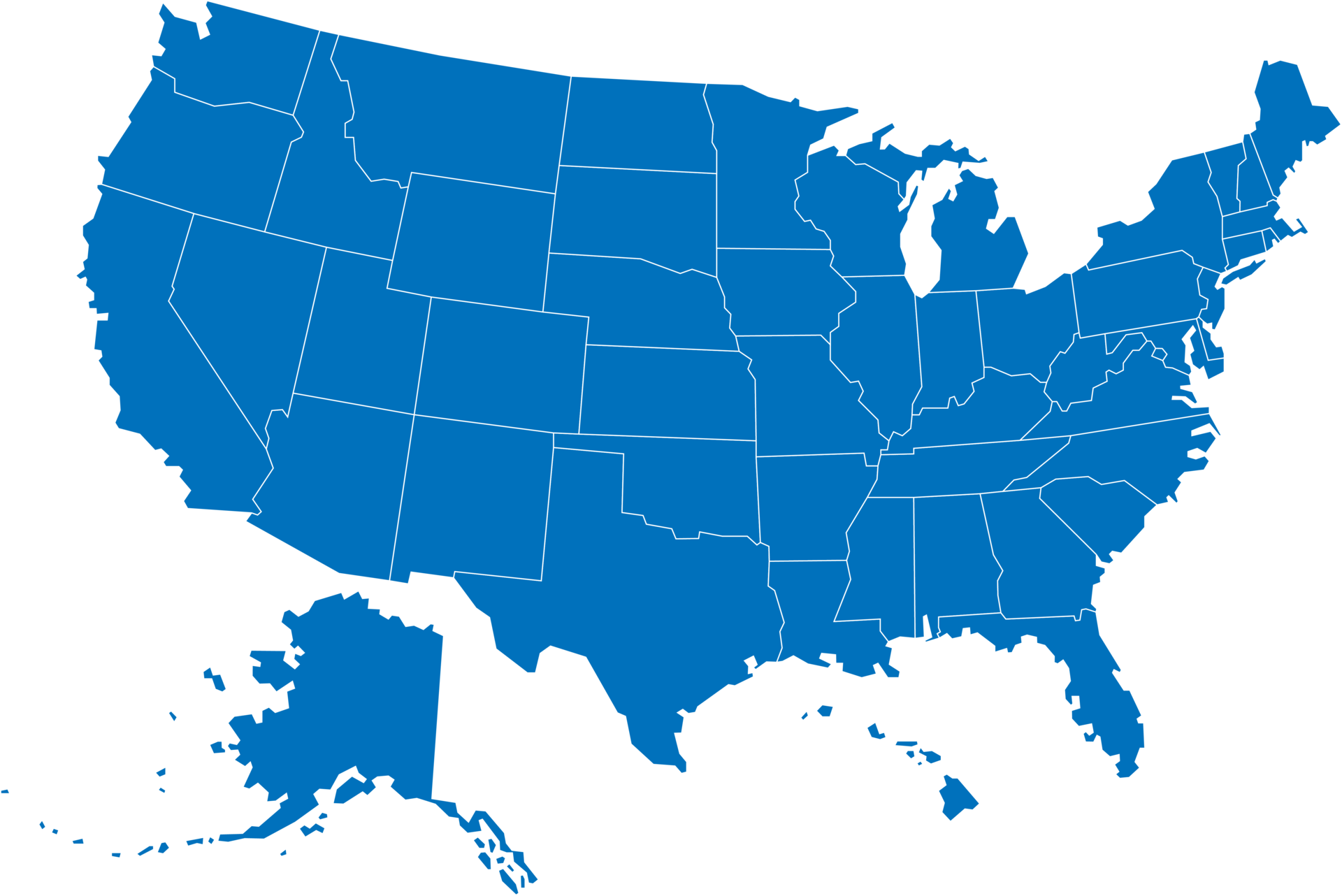I like that they have to use median, because I'm often having to find examples of why you'd use that over mean. My wife for instance is over 5k miles from her mom, and I imagine that's true of most immigrants. So the skew is probably really, really strong if you didn't use a non parametric measure like the median.
In other words, I'm stealing this for my stats class.

